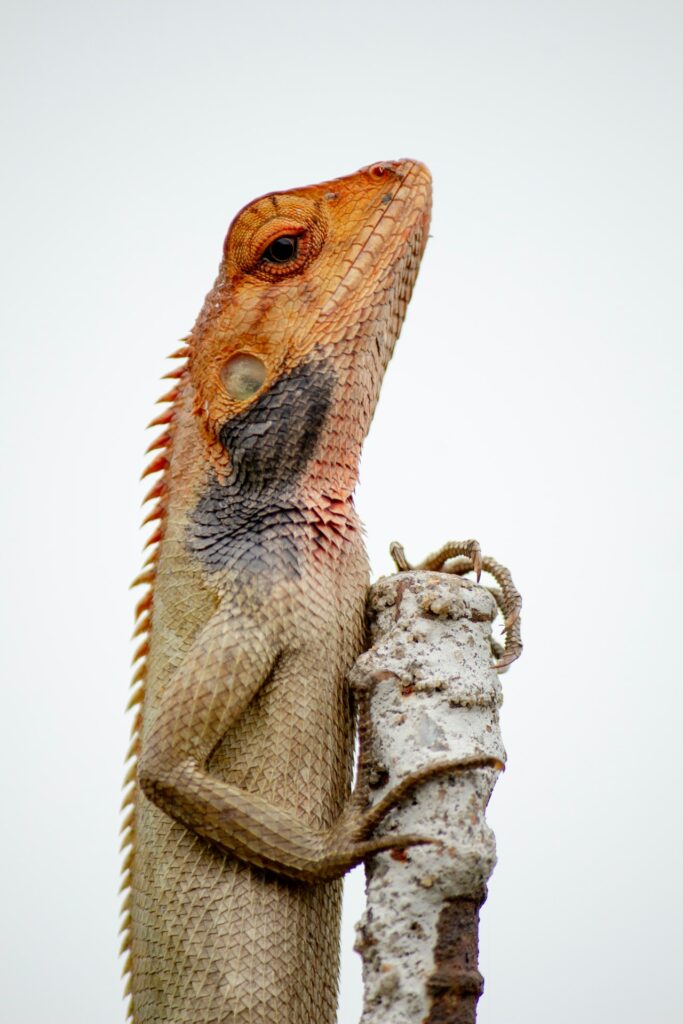How Do I Know If My Bearded Dragon Has Mouth Rot?
If you’re a bearded dragon owner, it’s important that you know the signs of mouth rot and how to treat it. In this article, we’ll teach you everything you need to know about rot-mouth-bearded dragons so that you can keep your pet healthy and happy. So read on to learn more!
How Do I Know If My Bearded Dragon Has Mouth Rot?
Mouth rot, or stomatitis, is a serious bacterial infection that can affect bearded dragons. It can cause severe damage to their mouth, gums and teeth if left untreated, so early detection and treatment are essential. This article will explore the symptoms of this disease, how to diagnose and treat it, and how to prevent it from occurring in the first place.
Signs and Symptoms
Bearded dragons can be quite stoic when showing pain or discomfort, so often, the only way to tell if they have mouth rot is by closely observing them for certain signs.
Some of the most common symptoms include:
- Swollen or inflamed oral tissues
- Increased salivation
- Brownish or yellowish discharge from the infected area
- Aberrant behaviour, such as aggression or lethargy
- Loss of appetite and difficulty eating
- Partial discolouration of the tongue
- Ulcers on the tissue inside the mouth
If you notice these signs in your pet dragon, it’s important to take them to an experienced reptile veterinarian as soon as possible for diagnosis and treatment. Early intervention can help reduce the risk of developing more serious complications such as organ damage or malignant tumours.
Diagnosis and Treatment
Your vet will likely use a combination of physical examination and laboratory testing to diagnose mouth rot. They may also take tissue samples around their mouth for further analysis under a microscope. Once diagnosed, antibiotics are applied directly into the affected area several times per day for several weeks. Surgery may sometimes be required to remove dead or damaged tissue.
Preventing Mouth Rot
The best way to protect your pet from developing mouth rot is by taking preventive measures. These include:
- Avoiding contact with other animals that may be carrying infectious bacteria
- Ensuring that their living environment is kept clean at all times with regular spot cleaning/disinfection regimes
- Keeping UVB lighting levels consistent throughout their enclosure
- Providing plenty of calcium-rich foods such as leafy greens and vegetables
- Giving them access to fresh drinking water daily
- Taking them for regular checkups at an experienced reptile vet
Wrap Up
Rot-mouth bearded dragons can be excellent, low-maintenance pets. These simple steps can ensure your pet remains healthy and happy for many symptoms of mouth rot, contact your vet immediately. Your pet will return to its usual self in no time!
Happy Dragon-Keeping! 🙂
You need pet insurance for your bearded dragon. With furrr.co.uk, you can get tailored insurance packages designed to meet the needs of rot-mouth bearded dragons and their owners. With plans starting from £10 per month, you can rest easy knowing your pet is properly covered in an emergency.










